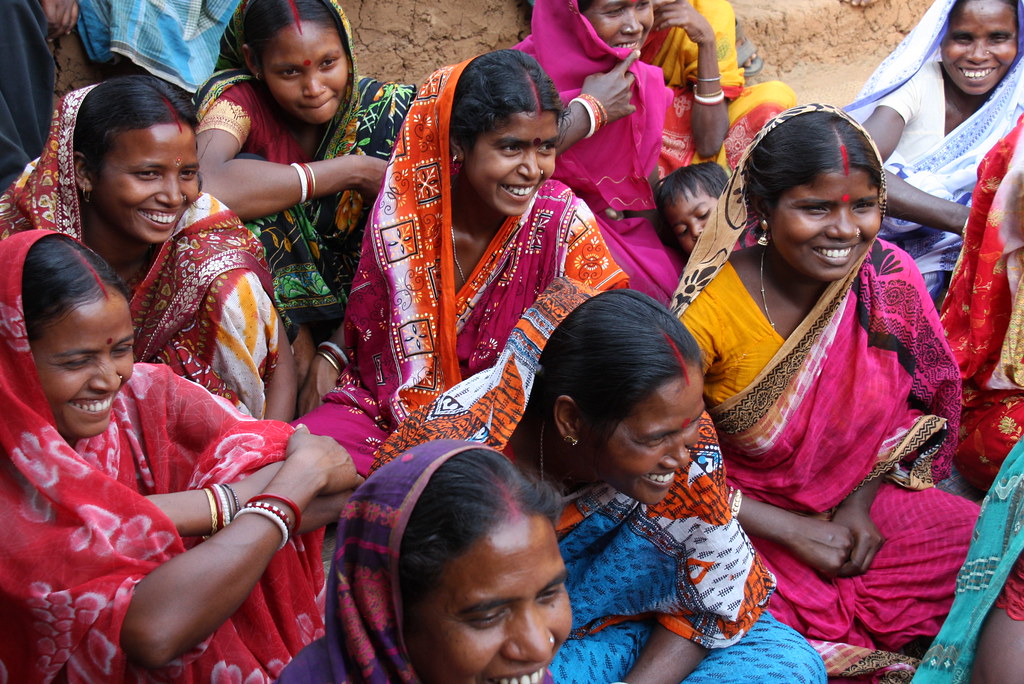| Dr Zaki Wahhaj, Reader in Economics at the University of Kent, will join an international research team on a project promoting the production and consumption of millet through women’s collective enterprises in India. The project, led by Dr Apurba Shee at the Natural Resource Institute, University of Greenwich, has been awarded a prestigious million-dollar grant by the International Initiative for Impact Evaluation. The project team also includes Brunel University London and Indian partners Watershed Support Services and Activities Network (WASSAN) and Nabakrushna Choudhury Centre for Development Studies (NCDS).
Millet is an important crop in arid and semi-arid regions of India, tolerant of extreme weather and nutritionally superior to major cereals with respect to protein, energy, vitamins, and minerals. Yet, millet is considered as an inferior food source due to inadequate post-harvest technologies for processing. Historically, women have been responsible for the majority of millet processing in India. But traditional social norms limit women’s ability to engage in enterprise and trade as well as access to training, advice, financial services and child care support. Women’s self-help groups, which underpin a wider strategy of improving women’s livelihoods in India adopted by NGOs and the Indian government, offer a way of overcoming these constraints. Self-help groups are village-based collectives whose members save in a common fund, meet regularly to discuss social issues, and potentially engage in collective activities. They provide a means of making training and support related to the production and processing of millet available through women’s collective enterprises. Self-help groups may also play an important role in changing prevailing social norms. The 3ie-funded project involves an intervention in the Indian state of Odisha, in which randomly selected women’s self-help groups across 75 villages will be offered training and technical support on processing millet and developing millet-based products for the consumer market. The intervention will be conducted with an experimental research design to allow the research team to assess the impact on women’s entrepreneurial activities and the welfare of the participating households. We asked Dr Wahhaj what he hopes the overall impact of the project will be: ‘Climate change is increasing the risk of extreme weather events such as droughts, that can severely impact upon the livelihoods of rural communities particularly in rural and semi-arid regions of the world. Women have low rates of labour force participation in developing countries despite rising levels of female education and – in some regions of the world including India – rapid economic growth in the past few decades. Millet as a drought-resistant, hardy crop traditionally processed by women, can be part of the solution to these twin global challenges if suitable products and value chains are created that involve their active economic participation. The aim of the project is to explore and evaluate these possibilities by bringing together a wide range of expertise from different parts of the world.’ Dr Wahhaj will contribute to the project’s research design and evaluation through his expertise on intra-household gender dynamics and collective enterprises. |
Encouraging millet production and consumption through Women’s Collective Enterprises in India.
Dr Zaki Wahhaj joins an international research team on a project promoting the production and consumption of millet through village-based 'Self-help' groups.

EpiscopalRelief:
